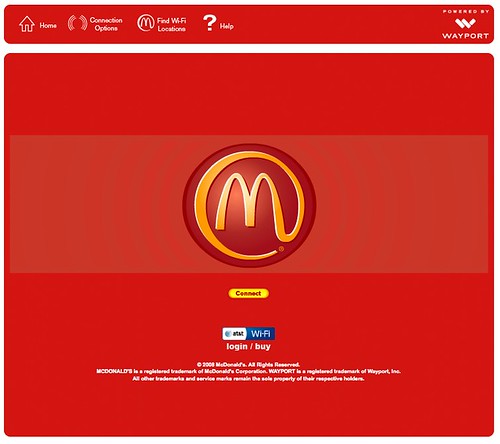
Walt Mossberg has a great piece (Free My Phone!) up on All Things D, which is a must read for anyone even remotely interested in the mobile industry.
While he’s not saying anything that we (you gentle reader) have not heard or discussed, to hear it from someone with as much consumer clout as Walt Mossberg is something worth noting.
A shortsighted and often just plain stupid federal government has allowed itself to be bullied and fooled by a handful of big wireless phone operators for decades now. And the result has been a mobile phone system that is the direct opposite of the PC model. It severely limits consumer choice, stifles innovation, crushes entrepreneurship, and has made the U.S. the laughingstock of the mobile-technology world, just as the cellphone is morphing into a powerful hand-held computer.
Whether you are a consumer, a hardware maker, a software developer or a provider of cool new services, it’s hard to make a move in the American cellphone world without the permission of the companies that own the pipes. While power in other technology sectors flows to consumers and nimble entrepreneurs, in the cellphone arena it remains squarely in the hands of the giant carriers. [All Things D]
Interestingly there’s no mention of Nokia in the piece, just that Apple was able to sell the iPhone without the carrier getting inside. This is not entirely correct, there are no ATT apps or services, but there are limitations in what the iPhone can really do…. VOIP anyone? We can argue there are no applications later.
When I was in San Francisco last week the topic of unlocked phones came up and Bill Plummer suggested the phrase Born Free instead of unlocked. The term unlocked implies that the device was actually locked at one point and is now no longer that way. The Nokia N-Series devices are largely sold direct in the US – without a carrier contract and without carrier involvement on any level.
It took me a moment to appreciate that this is not just semantics, but truly an important difference. There are not too many manufacturers offering open devices… Palm has previously sold a GSM Treo without a carrier and I believe Motorola is starting to offer a device or two.
Clearly buying an open device is not something the average consumer seeks today. Devices are not subsidized so they cost more on the surface and you typically cannot use carrier services like music and video. Since I don’t use any of those services anyway. I literally just want open access to the network.
Without a carrier getting in your way, it’s easy to add your own content, browse and customize the device the way you want AND most importantly use things that were intended to be used in full. You simply pick a GSM carrier add your SIM and are all set. Should you choose to switch carriers, you are free to do so (outside of any contract term of course) and use the same device with another carrier.
The carrier BS has progressed to a point that goes well beyond reason and basic business and can only be seen as driven by greed. It hurts the consumer and I think will start to hurt the carriers as people become more savvy to the experience they could be having. There’s absolutely no reason for matters to be as locked as they are and I will advise those who ask to buy open to keep the as much of the power in the hands of the consumer.
Technorati Tags:
Apple, AT&T, broken, DUN, E-Series, Gizmo Project, Google, Internet Tablet, Jaiku, Maemo, Marketing, Mass Market, mobile, N-Series, N95, Nokia, open, Palm, S60, Social Networking, Sprint, Standards, T-Mobile, TruPhone, unlocked, Verizon, Video, VOIP, Vringo, WiFi, YouTube, Motorola


